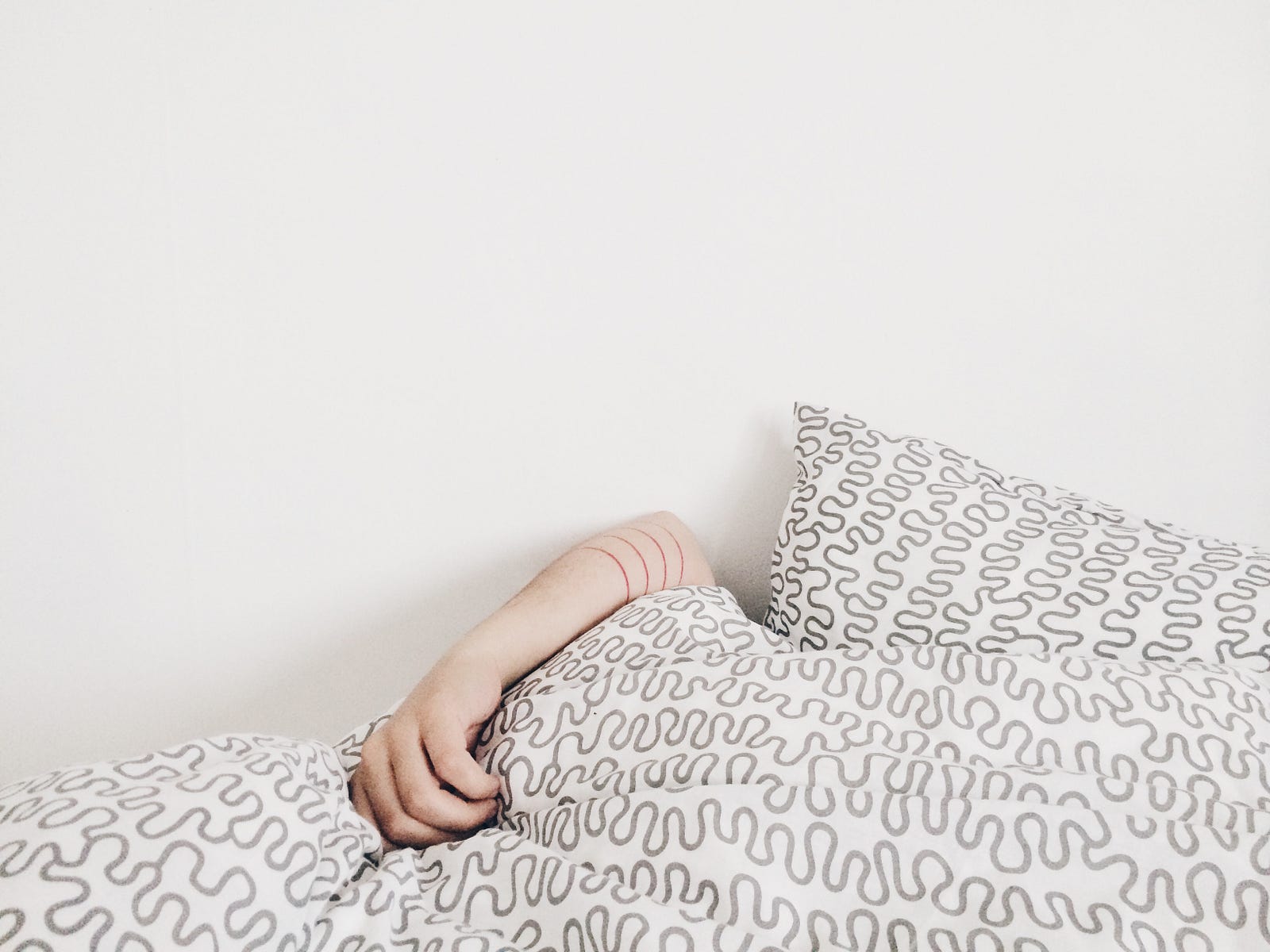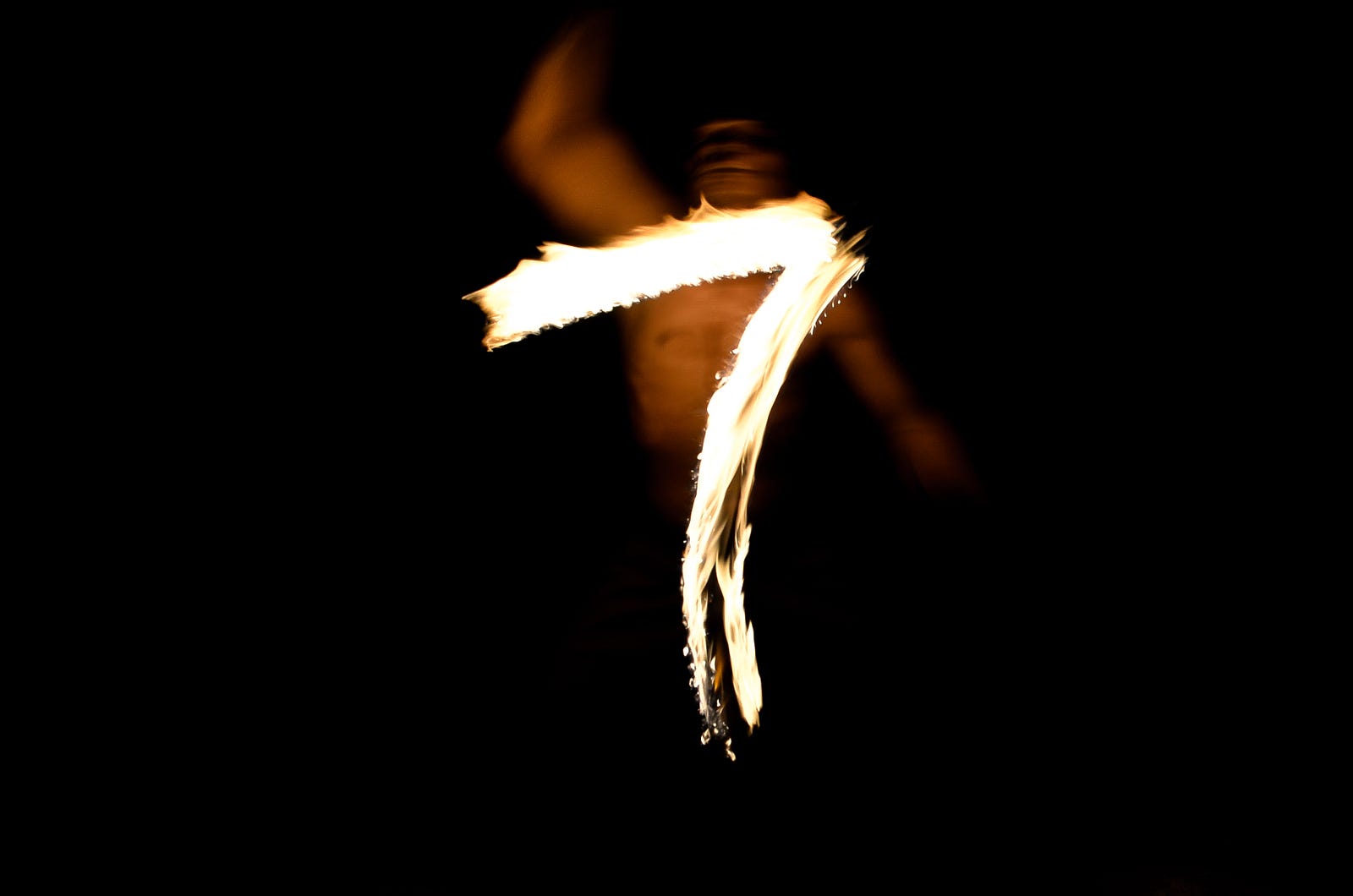Both too little and too much sleep are tied to increased stroke risK
A RECENT STUDY DISCOVERED THAT SLEEP PROBLEMS appeared to be associated with increased stroke incidence (by as much as five times).
Many underestimate the importance of quality of sleep, at least regarding health. Do you sleep too little (or too long)? Have challenges falling and staying asleep? Perhaps you snore or have pauses in breathing.
Studies link obstructive sleep apnea with stroke. But what about the relationship between other sleep disorders and the risk of suffering from a stroke? That is the subject of today’s exploration.
“Innocent sleep. Sleep that soothes away all our worries. Sleep that puts each day to rest. Sleep that relieves the weary laborer and heals hurt minds. Sleep, the main course in life’s feast, and the most nourishing.”
― William Shakespeare, Macbeth
Are we sleeping enough?
Sleep needs vary among individuals, but most adults need between seven and nine hours daily. Unfortunately, about one in three adults in the United States. The statistics from Great Britain are sobering:

One in three Britons gets at least seven hours of sleep a night. An additional one in four (27 percent) only gets six hours, while one in eight subsists on only five hours.
Though sleep needs vary from person to person, most adults require between seven and nine hours of sleep per night. Yet, according to the Centers for Disease Control (CDC), more than one in three adults in the United States doesn’t get enough sleep.
Here are some key CDC study findings:
- Healthy sleep duration appeared to be lower among non-Hispanic blacks (54 percent), /Pacific Islanders/Native Hawaiians (54 percent), multiracial non-Hispanics (54 percent), and American Indians/Alaska Natives (60 percent) compared with non-Hispanic whites (67 percent), Hispanics (66 percent), and Asians (63 percent).
- Healthy sleep duration prevalence differed among states, ranging from 56 percent in Hawaii to 72 percent in South Dakota.
- Fewer adults reported getting at least seven hours of sleep daily in states clustered in the southeastern United States and the Appalachian Mountains.
- Healthy sleep duration prevalence appeared to be highest for individuals with a college degree or higher (72 percent).
- More married people reported good sleep (67 percent) than those who were never married (62 percent) or divorced, widowed, or separated (56 percent).
Sleep deprivation can risk your health and safety, so you must regularly prioritize your sleep.
Sleep: Finding the Goldilocks amount
A new study published in the journal Neurology analyzed data from over 4,500 people participating in INTERSTROKE, a large international case-control study of patients who have had a stroke.
Almost 1800 study subjects had the most common stroke type, an ischemic stroke. With an ischemic stroke, a blood clot blocks an artery leading to the brain. An additional 439 individuals experienced an intracerebral hemorrhage. With this second form of a stroke, brain arteries or veins rupture, leading to bleeding into brain tissue.

Researchers matched the study participants — by age and sex 0 to people without a stroke history. All answered questions about their sleep behavior and quality. The average age was 62.
Finally, the researchers asked the subjects about their sleep behaviors, including sleep duration and quality, in the month before experiencing their stroke. Here are the study results:
People who slept less than five hours a night on average were three times more likely to have a stroke than those who got seven hours of sleep. On the other hand, sleeping more than nine hours appeared to be associated with a doubling in stroke risk (compared with those getting seven hours).
Sleep apnea — when individuals stop breathing several times per hour — tripled the stroke risk. Napping an hour or more appeared to be associated with a nearly 1.9 times increase in stroke risk than those who did not nap.
Finally, those who snored were almost three times more likely to have a stroke than those who did not.
The more sleep problems an individual had, the higher the likelihood of a stroke or intracerebral hemorrhage. More than five symptoms may lead to five times the stroke risk compared to those with no sleep problems.
The researchers adjusted for other stroke risk factors (smoking, alcohol abuse, depression, and sedentary behavior). Sleep apnea can alter pathways involved in clotting factors related to stroke risk.
My take — Sleep and stroke risk
First, this research shows an association between sleep problems and stroke risk, not causation. Questions remain: Does poor sleep cause health problems (such as stroke)? Or is the presence of a cluster of bad health habits leading to a higher stroke risk?
For example, exercise promotes good-quality sleep. Perhaps the poorer sleepers are more sedentary, and this lack of physical activity leads to a stroke. The study authors cannot tease out all of the potential contributing factors.
While the research does not establish a causal relationship between poor sleep and stroke risk, the study aligns with a growing body of evidence pointing to the health perils of bad sleep.

Seven tips for better sleep
Getting better sleep is crucial for your physical and mental health. Here are some tips that may help improve your sleep:
- Stick to a consistent sleep schedule: Try to go to bed and wake up at the same time every day, even on weekends. This routine helps regulate your body’s internal clock and can improve the quality of your sleep.
- Create a relaxing bedtime routine: Take a warm bath, read a book, or listen to soothing music before bed to help calm your mind and prepare your body for sleep.
- Make your bedroom conducive to sleep: Keep your bedroom cool, quiet, and dark, and make sure your mattress and pillows are comfortable and supportive.
- Limit your exposure to screens: The blue light emitted by electronic devices like smartphones, tablets, and laptops can interfere with your body’s sleep cycle. Try to avoid using these devices for at least an hour before bed.
- Avoid caffeine, nicotine, and alcohol: These substances can disrupt sleep and make falling or staying asleep harder.
- Get regular exercise: Regular exercise can help improve the quality of your sleep but try to avoid exercising too close to bedtime as it can be stimulating and make it harder to fall asleep.
- Manage your stress: Stress and anxiety can interfere with your ability to fall or stay asleep. Try practicing relaxation techniques like meditation, deep breathing, or progressive muscle relaxation to help manage your stress levels.
Remember, getting better sleep is a process that takes time and effort, but it is worth it for your overall health and well-being.
If you know someone with breast cancer, here is my comprehensive online course:
Dr. Michael Hunter’s Wellness!
breastcancerbydrhunter.thinkific.com
The information I provided in this blog is for educational purposes only and does not substitute for professional medical advice. Please consult a medical professional or healthcare provider for medical advice, diagnoses, or treatment. I am not liable for risks or issues associated with using or acting upon the information in this blog.
Thank you for reading “Sleep and Stroke Risk.”




